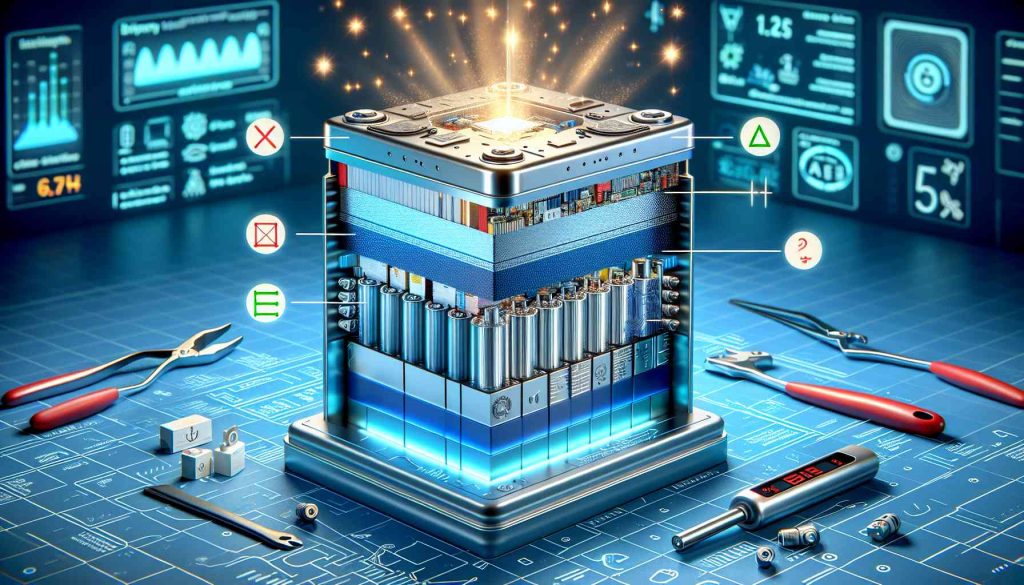A Japanese firm, Koike, alongside the National Institute of Advanced Industrial Science and Technology (AIST), has made significant strides in expanding the potential of solid-state batteries, an emergent next-generation technological advancement.

The collaboration has yielded a single-crystal material designed to function as an electrolyte in solid-state batteries. This revolutionary material exhibits a remarkable reduction in electrical resistance, making it substantially easier for electricity to traverse the battery, thereby extending its lifespan. Compared to conventional solid-state battery electrolytes employing polycrystalline materials, the new single crystal material reduces resistance by nine-tenths.
The potential applications of this technology span across various sectors, including medical devices such as pacemakers and wearable devices like smartwatches. Notably, the lifespan of pacemakers, typically pegged at 5 to 10 years, is projected to be extended to approximately 50 years with the application of this new electrolyte material.
Koike, a subsidiary of the financial company Orix, has expertise in manufacturing monocrystalline wafers utilized as substrates for electronic devices. Leveraging their proficiency and experience, they have successfully developed high-quality monocrystals with a 25-millimeter diameter for battery application. The company aims to commence distribution of samples to battery manufacturers and pursue mass production between 2027 and 2028, including the formation of alliances with manufacturers and the establishment of joint ventures.
Koike, in collaboration with AIST Solutions, a fully owned subsidiary of AIST, is exploring methods to enhance battery capacity by improving the materials used for cathodes and increasing size. As capacity increases, potential applications could extend to the automotive industry.
Solid-state batteries, unlike commonly used lithium-ion batteries with liquid electrolytes, are highly resistant to shocks and do not ignite even at high temperatures, making them exceptionally safe. To mitigate material degradation, a liquid is applied to the electrodes, rendering the battery a "semisolid-state" battery that utilizes a combination of solids and liquids. This approach imparts a heightened level of safety and robustness to the battery.
Although all-solid-state batteries are also under development by companies like Toyota Motor and Idemitsu Kosan, using sulfides as electrolytes, the new single-crystal material is considered to offer superior safety. As per estimates by Canadian firm Emergen Research, the global market for solid-state batteries was valued at $600 million in 2021 and is expected to soar to $10.1 billion by 2030. The technology's applicability is anticipated in electric vehicles and electronic devices requiring heat resistance, signifying its potential for widespread adoption in various industries.







